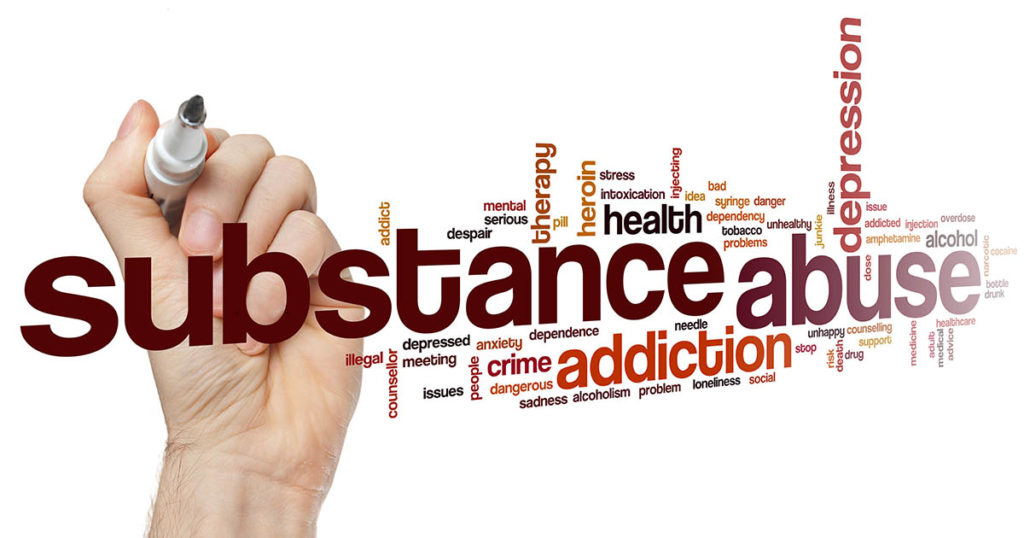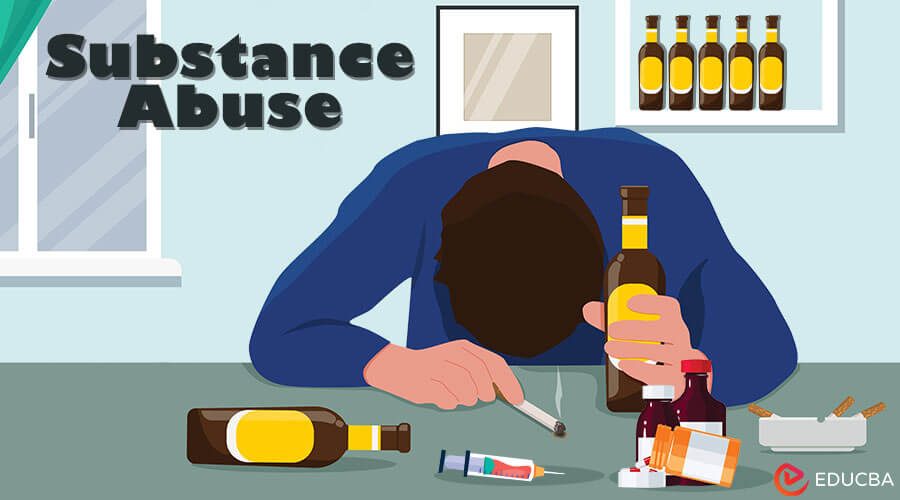What is
Substance Abuse?

Substance Abuse
Substance abuse, also referred to as substance use disorder, involves the harmful or hazardous use of psychoactive substances, including alcohol and illicit drugs. It often leads to physical, emotional, and psychological harm, and it can disrupt an individual’s ability to function in daily life. Substance abuse is a complex condition but is treatable with the right approach and resources.
Substance use disorders range from mild to severe, with addiction representing the most severe form. Addiction is a chronic disease characterized by compulsive substance use despite negative consequences.
Symptoms of Substance Abuse
- Strong cravings or urges to use substances.
- Loss of control over substance use.
- Tolerance (needing more of the substance for the same effect).
- Withdrawal symptoms when not using the substance.
- Neglecting responsibilities at work, school, or home.
- Risky behaviors while under the influence (e.g., reckless driving).
- Continued use despite physical or mental health problems caused or worsened by the substance.
Causes and Risk Factors
Substance abuse can result from a combination of factors:
- Genetics: Family history of addiction can increase risk.
- Environment: Peer pressure, trauma, or stress.
- Mental Health Disorders: Anxiety, depression, or PTSD often co-occur with substance abuse.
- Early Use: Starting substance use at a young age increases the likelihood of addiction.
Types of Substances Commonly Abused
- Alcohol
- Can lead to alcohol use disorder (AUD).
- Opioids (e.g., heroin, prescription painkillers)
- High risk of addiction and overdose.
- Stimulants (e.g., cocaine, methamphetamine)
- Lead to increased energy but can cause paranoia and heart issues.
- Cannabis
- Chronic use can impair memory and cognitive functions.
- Hallucinogens (e.g., LSD, mushrooms)
- Can trigger psychotic episodes in some users.
Consequences of Substance Abuse
- Physical Health: Liver disease, heart problems, overdose.
- Mental Health: Depression, anxiety, psychosis.
- Relationships: Strained or broken relationships.
- Legal Issues: DUI charges, arrests for possession.
- Financial Problems: Spending large amounts on substances.

Treatment Options
- Detoxification
- Supervised process to remove the substance from the body.
- Behavioral Therapy
- Cognitive Behavioral Therapy (CBT) and Motivational Interviewing are effective.
- Medication
- To manage withdrawal symptoms or cravings (e.g., methadone for opioids).
- Support Groups
- Rehabilitation Programs
- Inpatient or outpatient programs for long-term recovery.
- Dual Diagnosis Treatment
- For those with co-occurring mental health disorders.
Helpful Links and References
Educational Resources
- National Institute on Drug Abuse (NIDA): Comprehensive information on substance abuse and addiction.
- World Health Organization (WHO): Overview of substance use disorders and global health impacts.
- Mayo Clinic: Symptoms, causes, and treatment options for addiction.
Support and Advocacy Groups
- Alcoholics Anonymous (AA): Free, worldwide fellowship to help individuals recover from alcoholism.
- Narcotics Anonymous (NA): Support for people recovering from drug addiction.
- South African National Council on Alcoholism and Drug Dependence (SANCA): Offers services for individuals and families in South Africa.
Crisis Support Lines
- SAMHSA National Helpline (U.S.): Call 1-800-662-HELP (4357) for treatment referrals and support.
- SADAG Helpline (South Africa): Call 0800 121 314 for substance abuse support.
- National Suicide Prevention Lifeline: Call 988 (U.S.) for individuals struggling with substance abuse and suicidal thoughts.
Self-Help Tools and Apps
- Reframe App: Helps users reduce or quit drinking.
- Sober Grid: A social network for those in recovery.
- Quit Genius: Evidence-based addiction recovery programs.
Scientific Research and Articles
- PubMed Substance Abuse Studies: Access thousands of peer-reviewed articles.
- Harvard Health Publishing: Articles on addiction and recovery strategies.
- NIH Substance Abuse Resources: Research-backed insights on substance use and addiction.

Books and Guides
- “Alcoholics Anonymous: The Big Book”
- The foundational text for AA members. Buy on Amazon
- “In the Realm of Hungry Ghosts” by Gabor Maté
- Explores addiction through science and compassion. Buy on Amazon
- “Recovery: Freedom from Our Addictions” by Russell Brand
- A practical guide to recovery and self-help. Buy on Amazon
“Recovery is an acceptance that your life is in shambles and you have to change.”- Jamie Lee Curtis